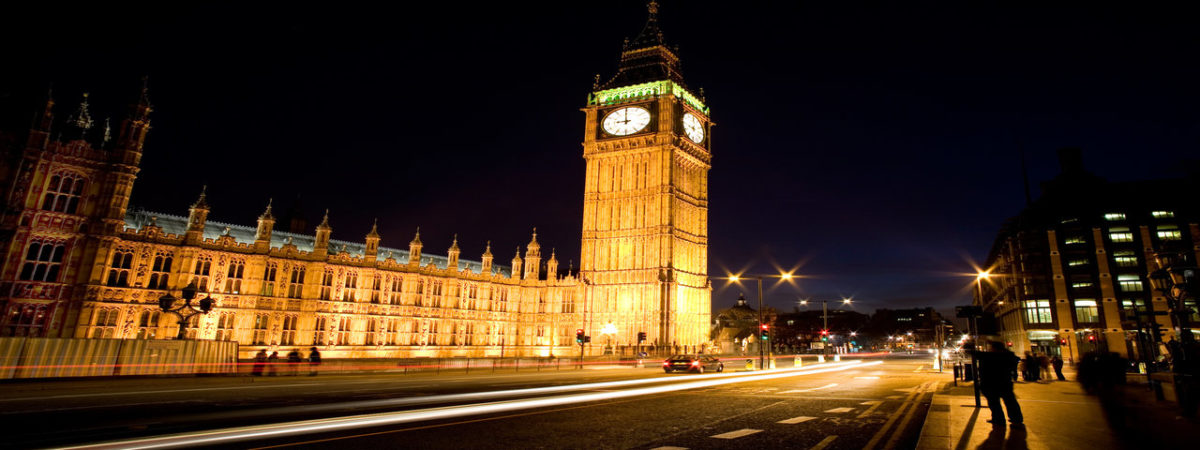Free trade, not sanctions, is the key to helping the world’s poor
SUGGESTED



Missing from both sides is any real concern about the material well-being of the Cuban people. For the right, they are simply pawns in a game of geo-politics, and for the left they are like a zoo exhibit that needs to be preserved for posterity. If, however, one is genuinely concerned about improving the life of the average Cuban, one should be pushing for normalisation of relations, and more importantly, the end of trade sanctions and the full reintegration of Cuba into the world economy.
If the goal of trade sanctions is to punish the regime in power, it is unlikely to succeed. Free trade brings new products and services, and just as important, new ideas to those who in engage in it. Nations that isolate themselves (like North Korea) or nations that are isolated by parts or all of the world community (like Cuba) end up with regimes that can more effectively engage in the sort of totalising power that we have seen in both of those countries. When the citizenry is denied the means to learn about the degree of wealth in the rest of the world, or denied access to the actual goods and services themselves, they have all that much less reason to think they are being mistreated by the current government. This ignorance and deprivation not only continues the intellectual and material impoverishment of the citizenry, it provides a stronger hold on power for the incumbent regime.
This is why the conservative case for sanctions makes no sense. Even if one thinks the Castro regime is a particular kind of evil, why should Cubans pay any more of a price for that evil than they already do? If one really wants to bring down a regime, pushing for openness in trade and communication is one good way to do it. Although the Chinese regime has certainly not collapsed, their openness to trade and travel over the last few decades has definitely put constraints on their power that did not exist before. In addition, it has led to one of the quickest increases in wealth in world history. Hundreds of millions of Chinese have been pulled from poverty over that period and the Chinese do have more social and political freedom than they did years ago. If what we ultimately care about is the well-being of the people who live under repressive regimes, and that is why we want those regimes out, then opening up trade and travel is an important means to that end.
Over the last two centuries or so, nothing has done more to relieve human misery than the advent and spread of market capitalism and trade. What economic historian Deirdre McCloskey calls The Great Fact, which is the enormous increase in the combination of wealth, life expectancy and population that has characterised the world since about 1800, is the result of the emergence of a culture of innovation associated with the institutions and ideas of the market economy. Trade across national borders is one part of that process, as it enabled those countries with capital to bring it to less developed countries, thereby raising the productivity of their labour and, as a result, their wages. It also enabled those less developed countries to get access to cheaper goods from the more developed countries, even as cheaper raw materials flowed back the other way. The result of this positive-sum trade was the spread of material prosperity across the globe, admittedly faster in some places than others.
If progressives genuinely care about the well-being of the Cuban people, they too should be in firm support of the normalising of relations and the opening up of trade. Castro’s socialism has been an abject failure at improving the lives of his citizens, as any fair-minded look at the data will indicate. Ending the US sanctions against Cuba might put a dent in ‘poverty tourism’, but it will bring blessing of material wealth, and all the other good things that makes possible, to the Cuban people.
What is true of Cuba is no less true of sanctions and limits on the free movement of people, ideas, and goods around the rest of the world. Limits on trade protect regimes in power by denying the citizenry the ability to recognise their own impoverishment and lack of freedom. If we want to actually make a difference in the lived lives of the world’s poor and unfree, we need to stop treating them as pawns in international relations or as being on display for the clucking of first world tongues. What we need to do is to tear down the walls that prevent them from engaging in the same capitalist acts between consenting adults that have brought wealth to the rest of us.
1 thought on “Free trade, not sanctions, is the key to helping the world’s poor”
Comments are closed.




Such a shame the people able to influence the thinking do not want to do so for a variety of reasons.
Not only sanctions but tarrifs also have much the same effect of keeping despotic governments in power.
The entire continent of Africa is but one glaring example where politicians prefer to metaphorically steal from the wallets of African countries whilst throwing back crumbs of AID.
Swinging tarrifs on finished goods such as coffee and cocoa are keeping African economies from properly industrialising and going through the transition from dictatorships to democracies.
Where would the coffee makers prefer to be producing coffee if it were not for tarrifs? Clearly close to where the raw materials are produced and where energy can be had cheaply then they can export the finished product to Europe and the rest of the world rather than have to first import the bulky raw material.
Where then are the vested interests that the politicians hope to protect? They clearly do not like the thought of the coffee manufacturers moving their production facilities to Africa and the resulting drop in the price of coffee, for entirely poitical reasons.
Employment, taxation, influence……we are led by donkeys